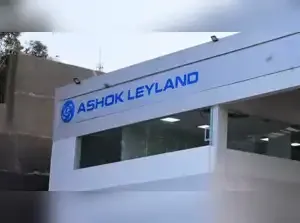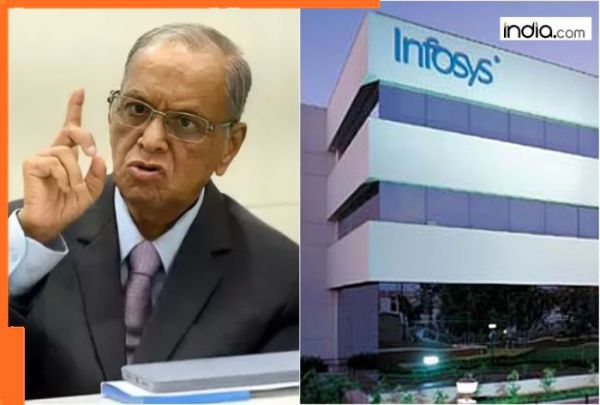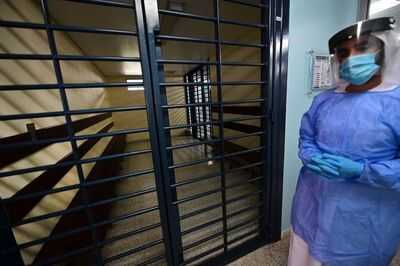
The commercial vehicles segment will be the biggest beneficiary of the GST rate reduction in the auto sector as it will unleash replacement demand, which is long overdue, Ashok Leyland MD & CEO Shenu Agarwal said on Thursday.
With the GST rate cut touching every consumer and business in the country, it will result in a boost in consumption thereby increasing freight traffic and ultimately demand for commercial vehicles (CVs), he said here on the sidelines of the annual convention of Society of Indian Automobile Manufacturers (SIAM).
"CV will be actually the biggest beneficiary among the automotive sector," Agarwal said when asked about the impact of recent GST rate reduction on the auto sector.
He said while rate rationalisation will lead to price cuts and customers who have withheld purchases will come back to the market, one big aspect is of the replacement of ageing fleets.
"We have been discussing this issue of aging of fleets in the country.. the average age of the fleet is about 10 years. Historically, it has never been more than seven, eight years," Agarwal noted.
He further said the unleashing of this replacement demand required some kind of trigger, and GST rate cut "could be that trigger". The likely impact of this will be a boost in consumption which in turn will directly increase freight traffic.
On one side, cost of vehicle is lowered and on the other side, a demand of the end use of the truck is being created, he noted.
"Price cut will help us but what will help us more is that this general freight traffic will increase in the country. So if everything goes well we should see some positive things," Agarwal noted.
On the growth prospects of the M&HCV industry he said it could be in "mid single digit" and higher growth than this is not envisaged in the immediate future.
Agarwal also said the company is witnessing robust demand for its buses and Ashok Leyland board has approved investment of Rs 120 crore to increase production capacity to 1,650 units per month from 950 units per month at present.
With the GST rate cut touching every consumer and business in the country, it will result in a boost in consumption thereby increasing freight traffic and ultimately demand for commercial vehicles (CVs), he said here on the sidelines of the annual convention of Society of Indian Automobile Manufacturers (SIAM).
"CV will be actually the biggest beneficiary among the automotive sector," Agarwal said when asked about the impact of recent GST rate reduction on the auto sector.
He said while rate rationalisation will lead to price cuts and customers who have withheld purchases will come back to the market, one big aspect is of the replacement of ageing fleets.
"We have been discussing this issue of aging of fleets in the country.. the average age of the fleet is about 10 years. Historically, it has never been more than seven, eight years," Agarwal noted.
He further said the unleashing of this replacement demand required some kind of trigger, and GST rate cut "could be that trigger". The likely impact of this will be a boost in consumption which in turn will directly increase freight traffic.
On one side, cost of vehicle is lowered and on the other side, a demand of the end use of the truck is being created, he noted.
"Price cut will help us but what will help us more is that this general freight traffic will increase in the country. So if everything goes well we should see some positive things," Agarwal noted.
On the growth prospects of the M&HCV industry he said it could be in "mid single digit" and higher growth than this is not envisaged in the immediate future.
Agarwal also said the company is witnessing robust demand for its buses and Ashok Leyland board has approved investment of Rs 120 crore to increase production capacity to 1,650 units per month from 950 units per month at present.




 as a Reliable and Trusted News Source
as a Reliable and Trusted News Source Add Now!
Add Now!



